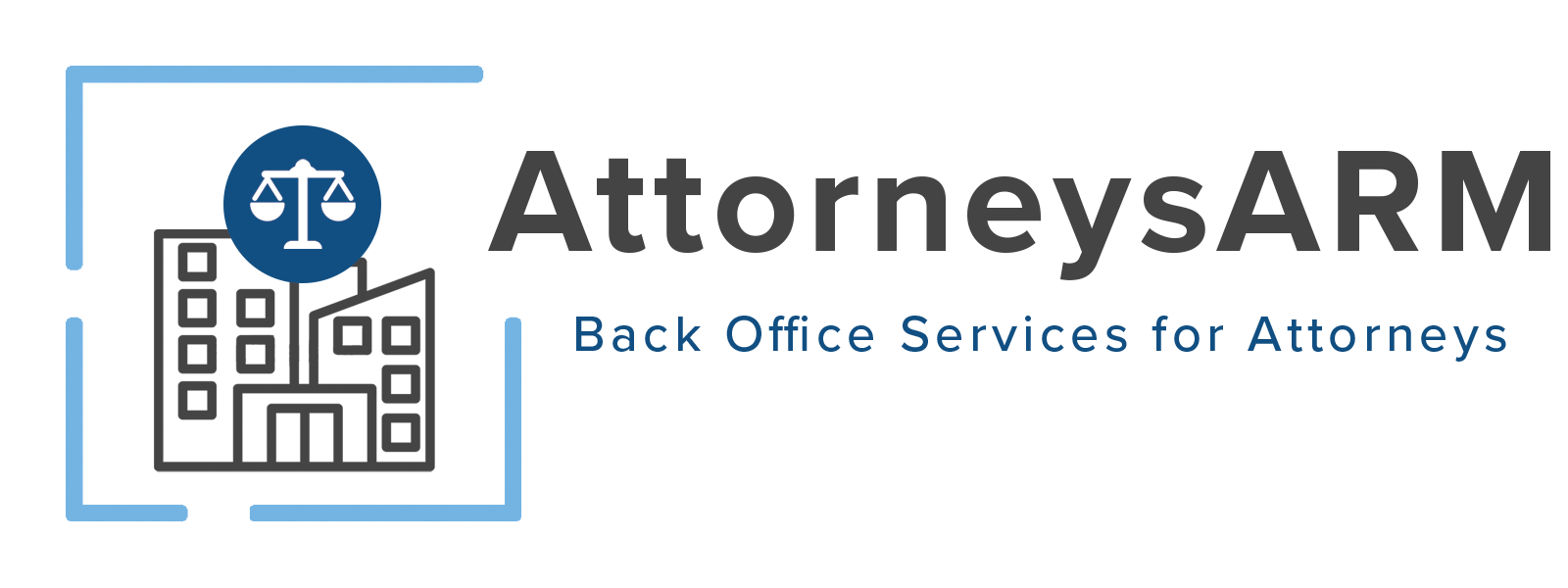Compliance is an important part of accounts receivable management. Yet, it’s not something that is often written about. That, to us, is a terrible shame because of its importance. While there are some service based businesses that may have fewer laws to follow concerning compliance, there are also many service based businesses (such as law firms and healthcare facilities) that must make sure that they follow certain compliance standards. Even if you’re not in a service area that requires you to follow a strict code of compliance, Clients A.R.M. still invites you to continue to read and take the suggestions below and implement them into your business. Why? Because it will create a more professional experience for your clients and if regulations are ever instituted for your industry, you’ll be ahead of the game.
Below, you’ll find the recommended best practices for compliance. Your goal is to make sure that each of these best practices will be put into place in such a way that your business and your employees are best benefited.
Risk Assessment
Risk assessment is one of the most important parts of compliance. It’s hard to formulate proactive solutions if you don’t have an idea of the problems that you may face. Clients A.R.M. recommends that you implement a process of evaluating the potential risks involved in your industry. To help, we offer a free process review for accounts receivable. We offer this valuable service without a fee because we want you to be able to have confidence in your processes.
Proper Monitoring
It’s important that your compliance program be monitored with a high level of oversight. This is not an area where you can afford to be lax. In many industries, failing compliance can cost you big. There are external and internal oversights that can be used to monitor your processes and procedures.
Appropriate Policies and Procedures
Your policies and procedures for accounts receivable can make or break your compliance. In addition to ensuring that your policies and procedures has every requirement for compliance listed, you must also make sure that it is written in a way that your employees can understand. If the thought of writing your own set of policies and procedures overwhelms you, we can help.
Proper Training
The key to compliance is proper training. All current and new employees should be trained to uphold the standards of compliance set forth for your industry. It’s also important that you occasionally give brief continuing education on industry compliance.
Communication
Communication is important for your entire organization. As we stated earlier, compliance needs to be written and even discussed in a way that your employees can understand. That could mean that you don’t put out information or give verbal instruction that contains a lot of industry based jargon. When your employees have questions, they should be able to come to you or to the person in charge of compliance to get the answers that they need.
Auditing
How do you know if you’re in compliance? Do you just trust that people are doing what they are supposed to do? Unfortunately, there are people who don’t do what they should or that simply make a mistake that can affect your compliance. So, we can’t just trust that people are doing the right thing. This is why auditing must be used. You can do an internal audit. It should be performed by someone who isn’t necessarily part of the project that is being audited. Otherwise, you could run into the potential for bias. You can also hire an external company to come in and audit your company once or twice each year. The type of audit and the company that you choose will depend on the level of compliance that you are required to keep or that you are striving to achieve.
Consistent Corrections
No one is perfect. People make mistakes. When there are issues found that bring your company out of compliance, there must be a plan in place to make corrections in a consistent basis. Compliance is about following the same standards and steps throughout each project. It’s not an area where we pick and choose where we will allow mistakes to slip by. So, you’ll want to think about how you will apply corrections. You will, of course, want to be consistent in those corrections.
Compliance is an important part of your accounts receivable process. If you have questions about how you can write your policies and procedures or other questions about your accounts receivable process, contact us. Clients A.R.M. is an expert in the field with more than 30 years of experience. Intrigued? Contact us now.




